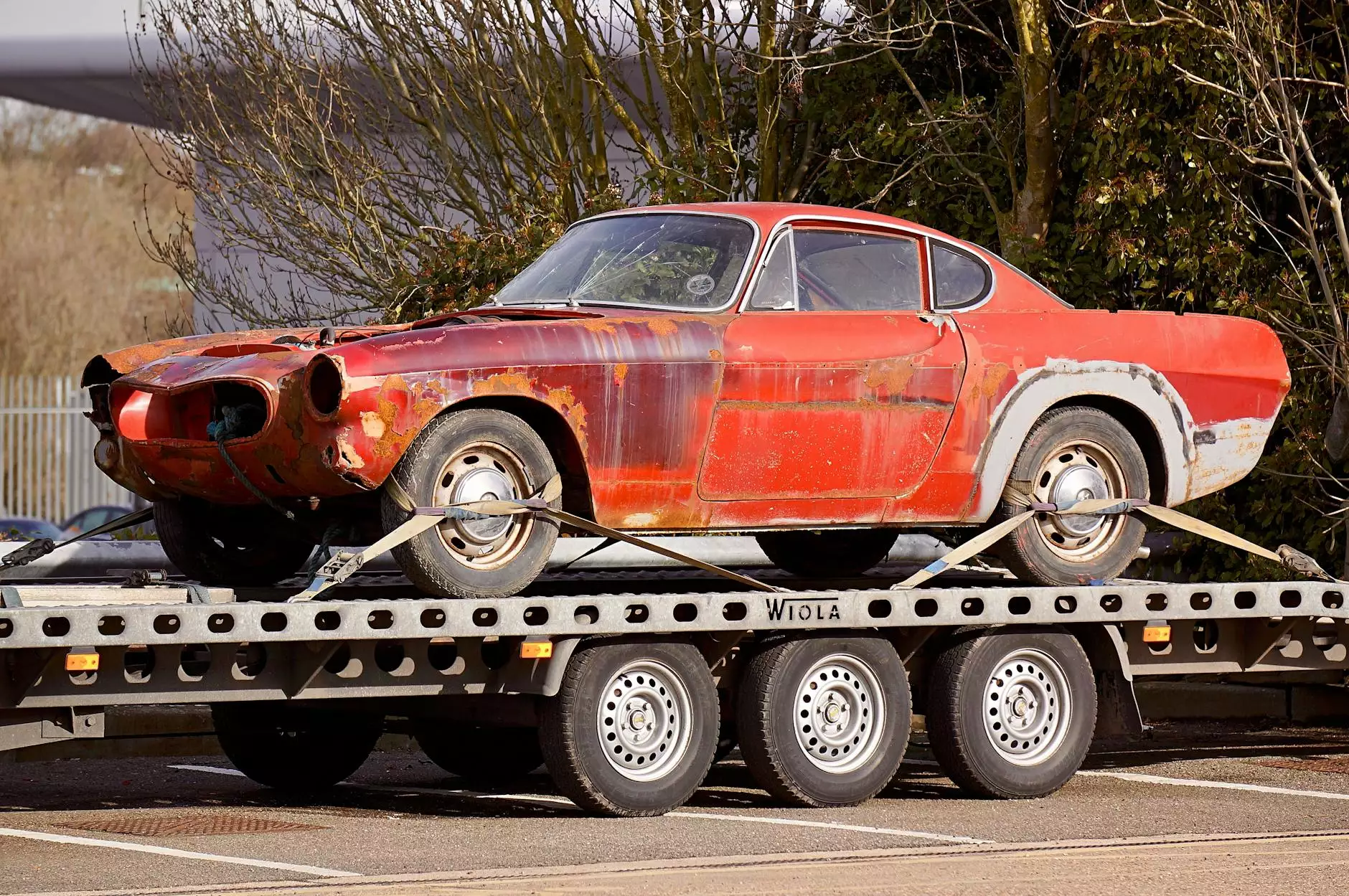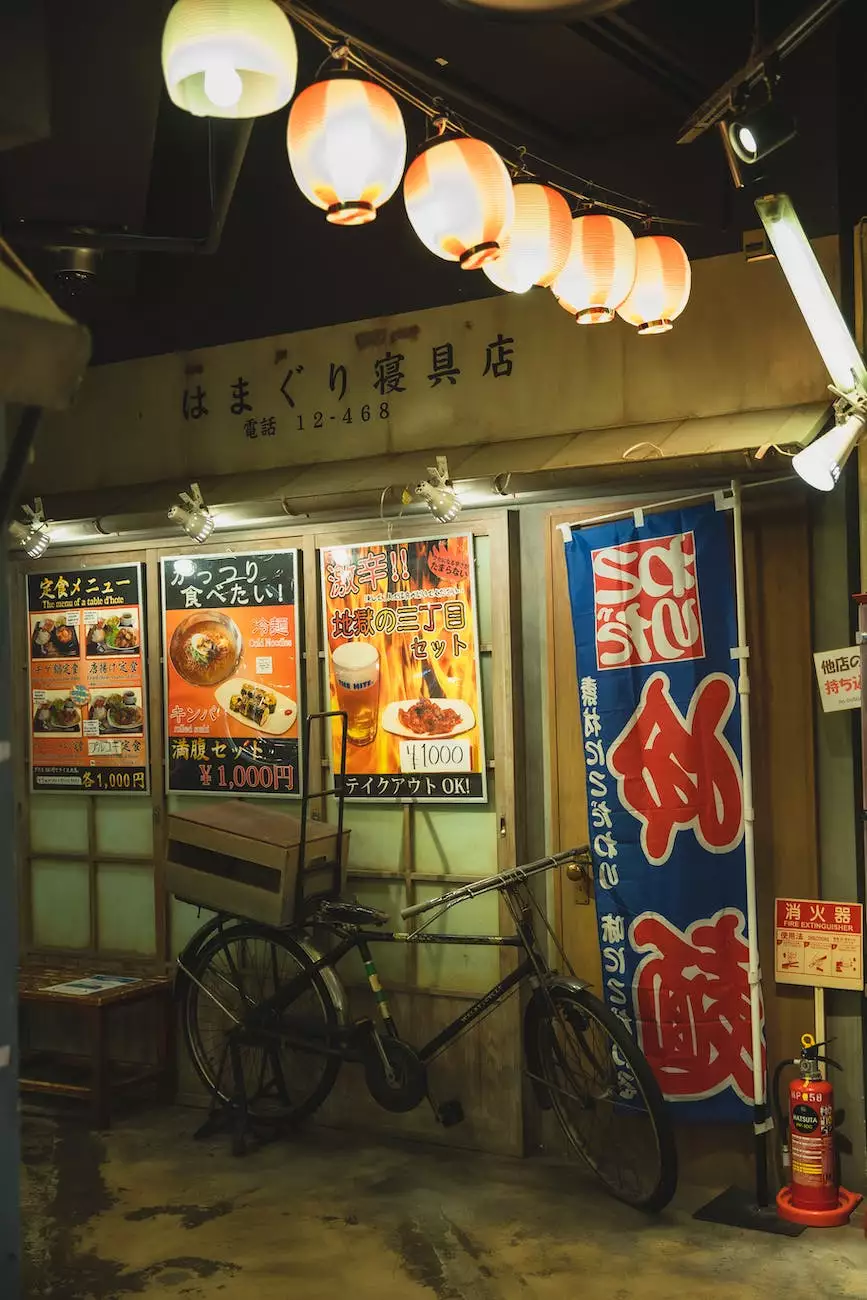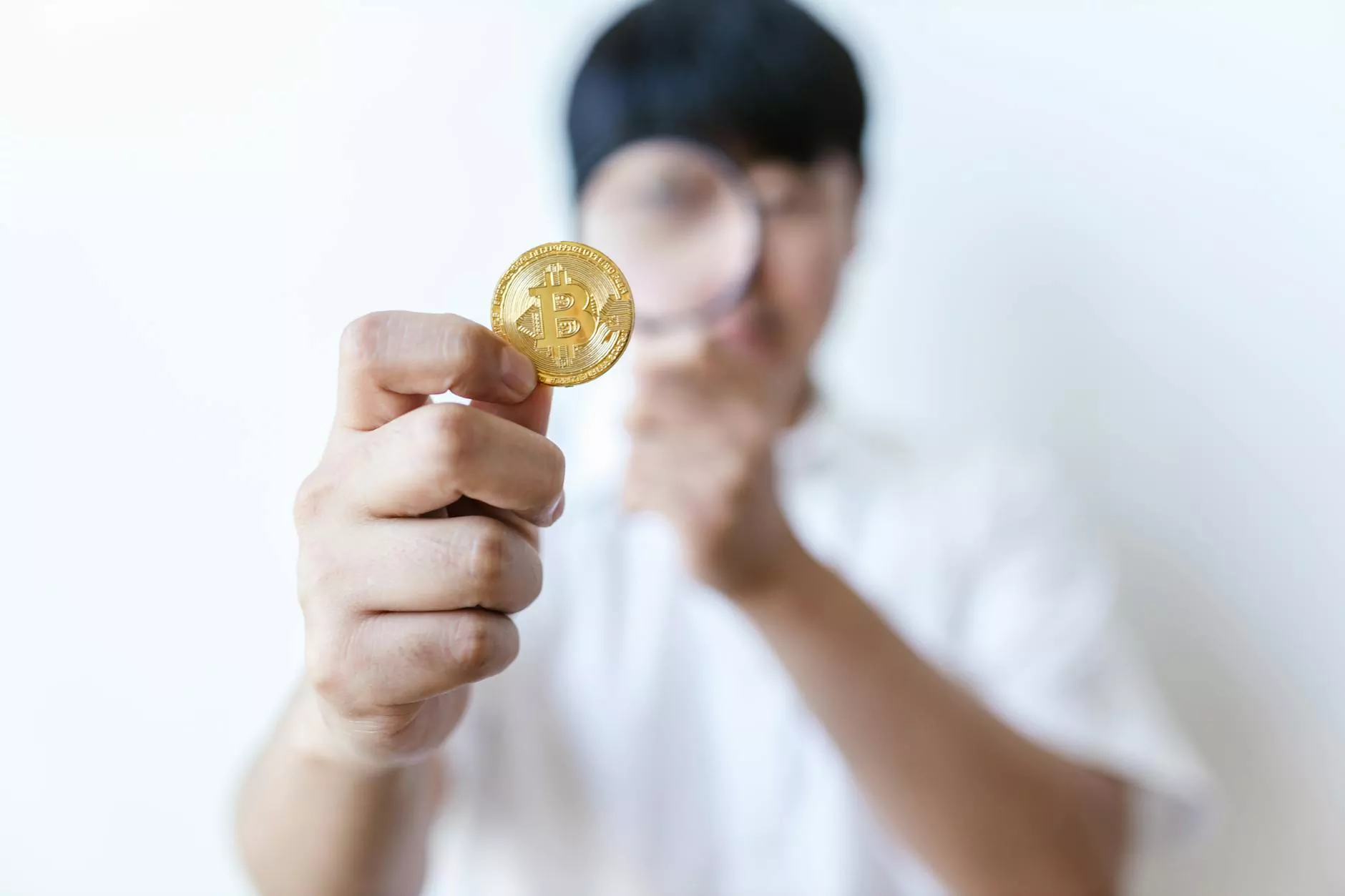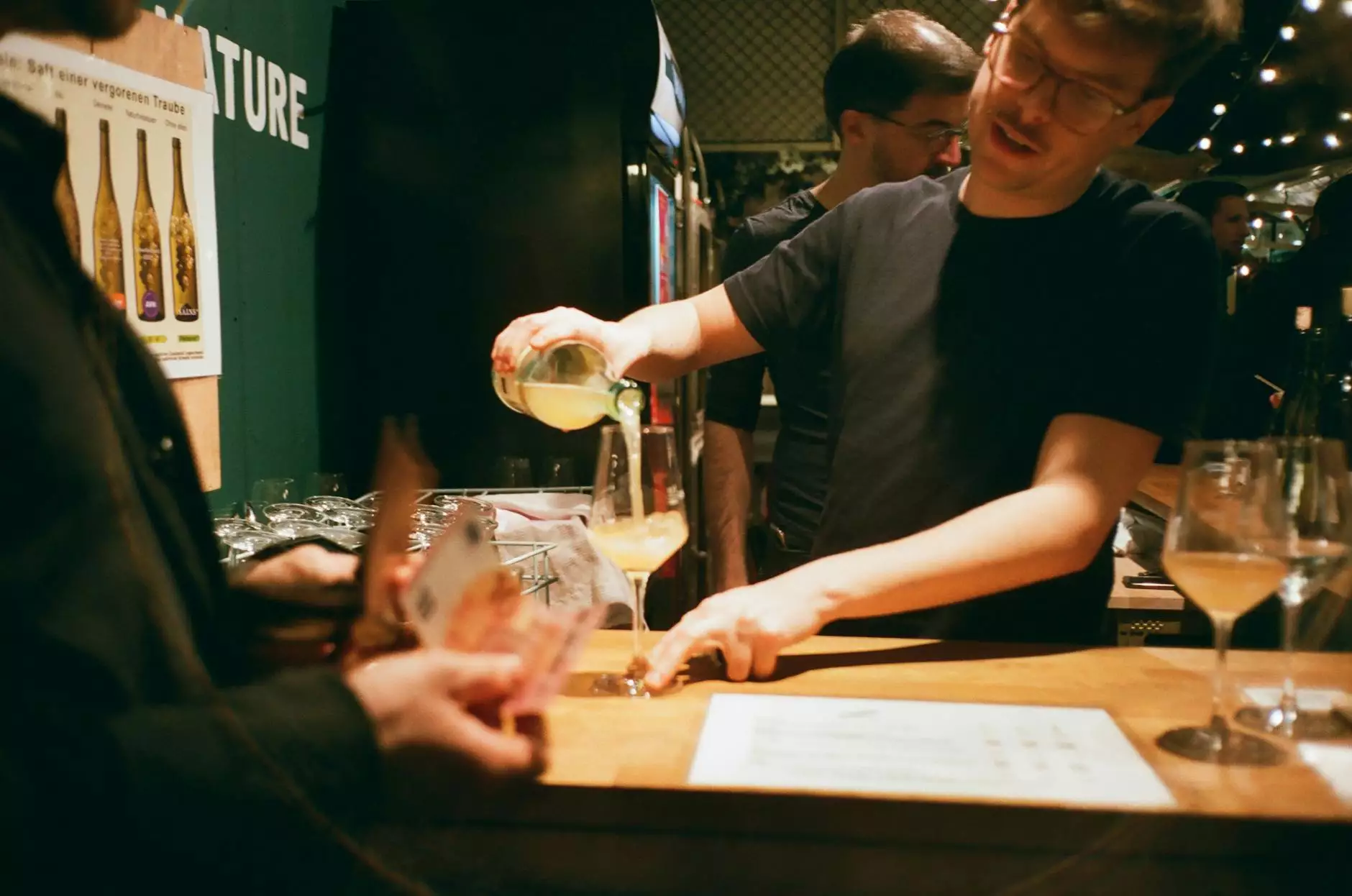Chinese Holidays: An Overview of the Festivals Celebrated in China
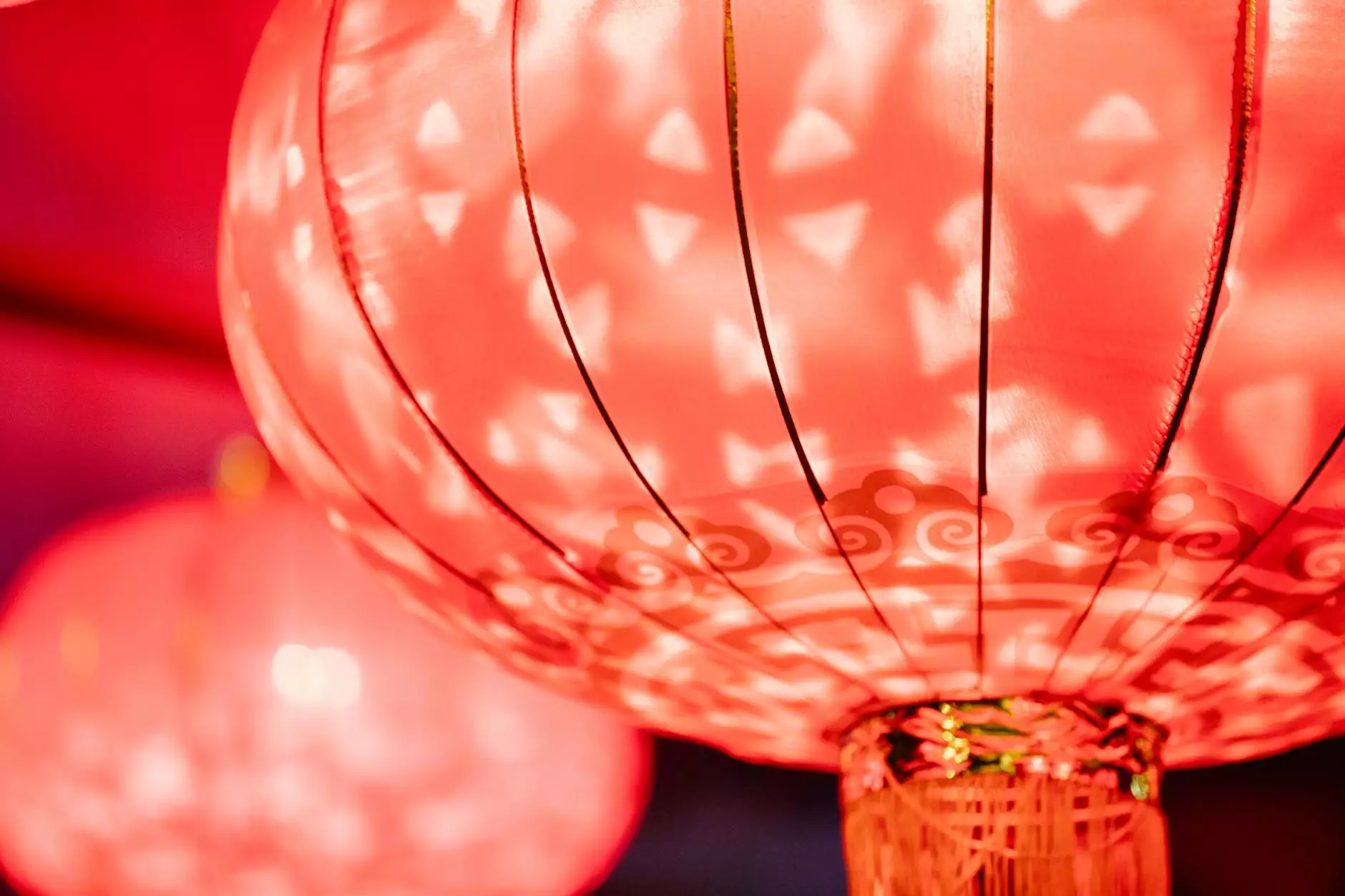
Welcome to CTIP, your ultimate guide to exploring the captivating world of Chinese festivals and holidays. In this comprehensive overview, we invite you to immerse yourself in the vibrant traditions, deep-rooted customs, and cultural richness that define the festive spirit of China.
Introduction
China, a country renowned for its ancient civilization, presents a myriad of captivating festivals and celebrations throughout the year. These festivals not only reflect the diversity and unity of the Chinese culture but also offer a unique glimpse into its rich history and traditional values.
The Lunar New Year - Spring Festival
The Lunar New Year, also known as the Spring Festival, is the most widely celebrated and anticipated festival in China. It marks the beginning of the lunar calendar and is a time for family reunions, feasting, and joyous traditions. The streets come alive with vibrant red lanterns, dragon and lion dances, and mesmerizing firework displays. It is a time when people exchange red envelopes containing money as a symbol of good luck and prosperity.
The Lantern Festival
Following the Lunar New Year, the Lantern Festival takes center stage. This dazzling event showcases a mesmerizing display of intricately designed lanterns, illuminating cities and towns across the country. The festival is accompanied by cultural performances, traditional dances, and captivating storytelling.
Mid-Autumn Festival
The Mid-Autumn Festival, also known as the Moon Festival, is a time for family gatherings and celebrating the harvest. During this festival, the whole country embraces the beauty of the full moon, accompanied by the sweet aroma of mooncakes, a traditional delicacy. Families come together to appreciate the moon's beauty, exchange mooncakes, and share heartwarming stories and legends.
Dragon Boat Festival
The Dragon Boat Festival, also known as Duanwu Festival, is an exhilarating celebration filled with ancient traditions and thrilling boat races. Originating from the legend of Qu Yuan, a famous poet, the festival pays tribute to him by racing dragon boats in rivers across China. The festive atmosphere is enhanced by the intoxicating aroma of sticky rice dumplings, known as Zongzi, which are enjoyed by families and friends during the festivities.
Qingming Festival
The Qingming Festival, also known as Tomb-Sweeping Day, is a solemn occasion dedicated to paying respects to ancestors and honoring their memories. Families visit ancestral graves, clean and decorate them, offer food and burn incense, and participate in cultural activities such as kite flying. It is a time for reflection, remembrance, and cherishing the bond between generations.
Double Seventh Festival
The Double Seventh Festival, known as Chinese Valentine's Day, celebrates love and romance. Derived from a romantic folk tale of a weaver girl and a cowherd, this festival sees couples expressing their affection through exchanges of gifts, flowers, and romantic gestures. It is a time when the stars align, and love stories unfold against a backdrop of traditional customs and heartfelt moments.
Chinese New Year's Eve
Chinese New Year's Eve, a momentous night filled with customs and traditions, is one of the most significant nights for Chinese families. It is a time when families come together for a sumptuous reunion dinner, which symbolizes unity, abundance, and prosperity for the coming year. The evening is adorned with firework displays, traditional performances, and various rituals aimed at ushering in good fortune.
Conclusion
As you immerse yourself in the intricacies of China's festivals and holidays, you will discover a tapestry of cultural heritage, unity, and a celebration of life. CTIP is committed to providing you with a rich and comprehensive overview of these vibrant traditions and celebrations that have shaped the nation's identity. Join us in uncovering the enchanting world of Chinese festivals and embark on a journey that transcends time and borders.



